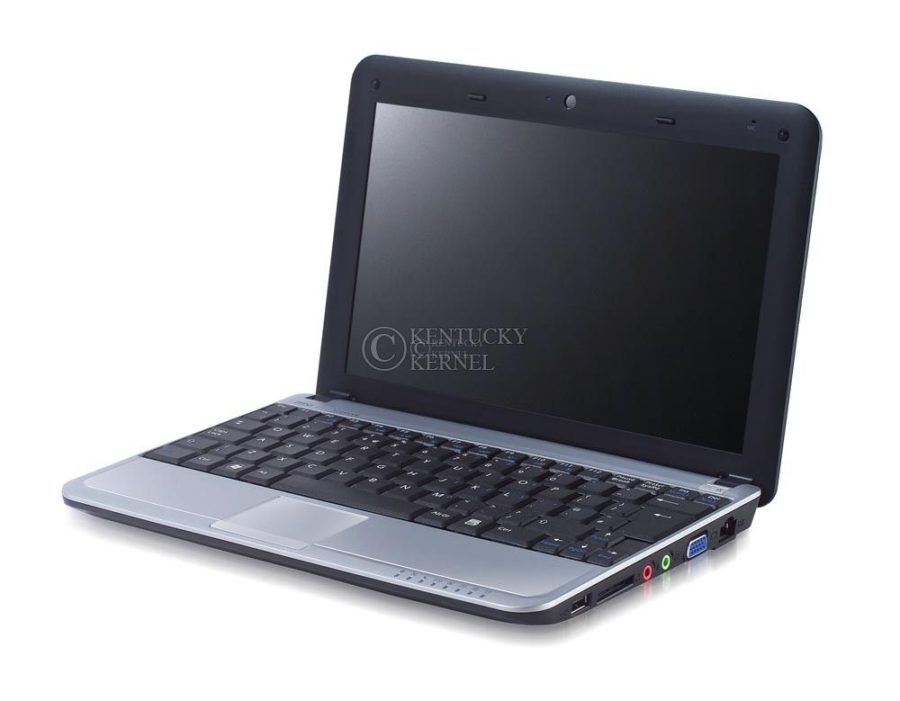More library computers to require university logins
January 15, 2010
Those who wish to use a campus computer without a UK login may find themselves out of luck in the near future.
UK Libraries will begin the process of removing 105 public computers next week, a decision that has been in talks since the spring semester of 2008, said Associate Dean for Library Information Technology Kelly Vickery.
The main goal of the change is to make sure students and faculty have primary access to campus computers. In a time where budget restrictions may mean losing equipment, Vickery said she wanted to ensure students wouldn’t be at a disadvantage.
“We are looking at ways to save money by reducing equipment,†Vickery said. “But our primary motivation is to make sure the remaining equipment is available to students and faculty first and foremost.â€
The change entails adding an authentication login requirement to 105 previously public computers that required no affiliation with the university for use.
Some students feel the change shuts out the Lexington community that UK strives to include. Lyndsay Mountz, a communications senior, said she did not think there was a problem with students finding available computers.
“As a student who uses the computers in both libraries, I have never been unable to find one available,†Mountz said. “I think that our university and its libraries are a big part of the community and should stay that way by remaining open and accessible to the public.â€
Lindsey Smith, a marketing senior, uses the computers in the Gatton Business and Economics Building primarily, where the computers already require a university login. Smith agreed with the change since it would give students priority to use university equipment.
“I think the change is a great idea,†Smith said. “It’s important that students have access to these computers first, especially between classes during the day.â€
Currently, UK Libraries does not track any faculty or student logging on the computer systems. The login requirement was not an effort to monitor what material users are looking at online, Vickery said.
“In the long run, we would like to know how often public machines are being used by students and the public,†she said. “As far as what Web sites are being viewed and when, I have absolutely no interest.â€
Vickery said 78 computers in the W. T. Young Library will undergo the change, leaving 18 in the building public. The Little Fine Arts Library is also taking part in the change, converting 27 computers to require an authentication login and leaving 10 for public use.
The medical school and law school libraries are also looking to take part in the switch but are unsure as to how many computers will undergo the change.




















































































































































